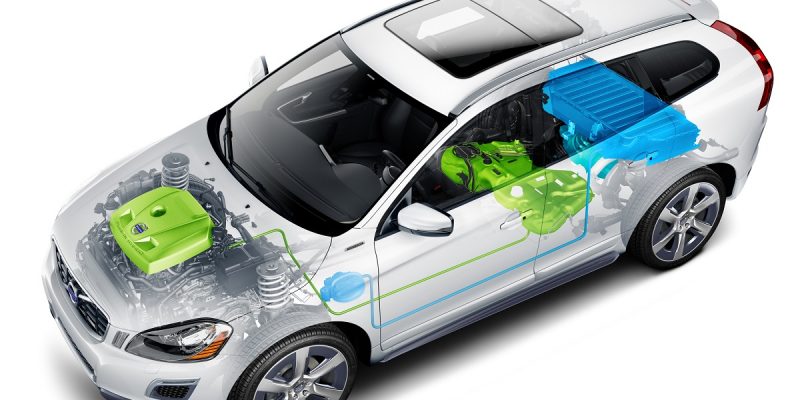Plug-in hybrid vehicles (PHEVs) are hiding behind the green electrification banner while ‘cheating’ the system with false CO2 claims.
That’s the allegation by Brussels’ climate lobby group Transport & Environment following the study it commissioned into three of the top selling PHEV models in Europe. Suggestions that carmakers are manipulating emissions claims raises the specter of a repeat of the Volkswagen diesel cheat device scandal whose fallout in the market place has contributed to the undermining of diesel powertrains’ climate credentials and a slump in sales. The study conducted by Emissions Analytics suggests the vehicles, a BMW X5, a Volvo XC60 and a Mitsubishi Outlander, emitted 28-89% more CO2 than advertised when tested on a fully charged battery in optimal conditions.
Further, on an empty battery, they emitted three-to-eight times more than official values. When driven in battery-charging mode, which could become more common as motorists charge up ahead of using electric mode in low-emissions zones, the PHEVs emitted three-to-12 times more of the greenhouse gas.
The findings come as a blow to automakers hoping to bring electrification to a skeptical consumer base as a means to persuade them out of ICE powered vehicles into BEVs. Now T&E has called for governments to end the purchase subsidies and generous tax breaks for PHEVs that could be fuelling another emissions scandal.
The study revealed that, once the vehicle battery ran flat, the three cars tested can only drive seven to 14 miles in engine mode before they overshoot their official CO2 emissions rating. Also two of the three cars tested, the BMW X5 and Volvo XC60, cannot fast charge while the Outlander’s manual warns that the gasoline engine may start if the PHEV system is too hot or too cold, under acceleration loading or if the air conditioning is operating.
Julia Poliscanova, senior director for clean vehicles at T&E, said: “Plug-in hybrids are fake electric cars, built for lab tests and tax breaks, not real driving. Our tests show that even in optimal conditions, with a full battery, the cars pollute more than advertised. Unless you drive them softly, carbon emissions can go off the charts. Governments should stop subsidizing these cars with billions in taxpayers’ money.”
Responding to some automaker claims that abusive use by car owners is to blame for the PHEV systems’ poor performance, Poliscanova concluded: “The truth is that most PHEVs are just not well made. They have weak electric motors, big, polluting engines and usually can’t fast charge. The only way plug-ins are going to have a future is if we completely overhaul how we reward them in EU car CO2 tests and regulations. Otherwise PHEVs will soon join diesel in the dustbin of history.”
— Paul Myles is a seasoned automotive journalist based in London. Follow him on Twitter @Paulmyles_
by Paul Myles
Source: https://www.tu-auto.com
CUT COTS OF THE FLEET WITH OUR AUDIT PROGRAM
The audit is a key tool to know the overall status and provide the analysis, the assessment, the advice, the suggestions and the actions to take in order to cut costs and increase the efficiency and efficacy of the fleet. We propose the following fleet management audit.




